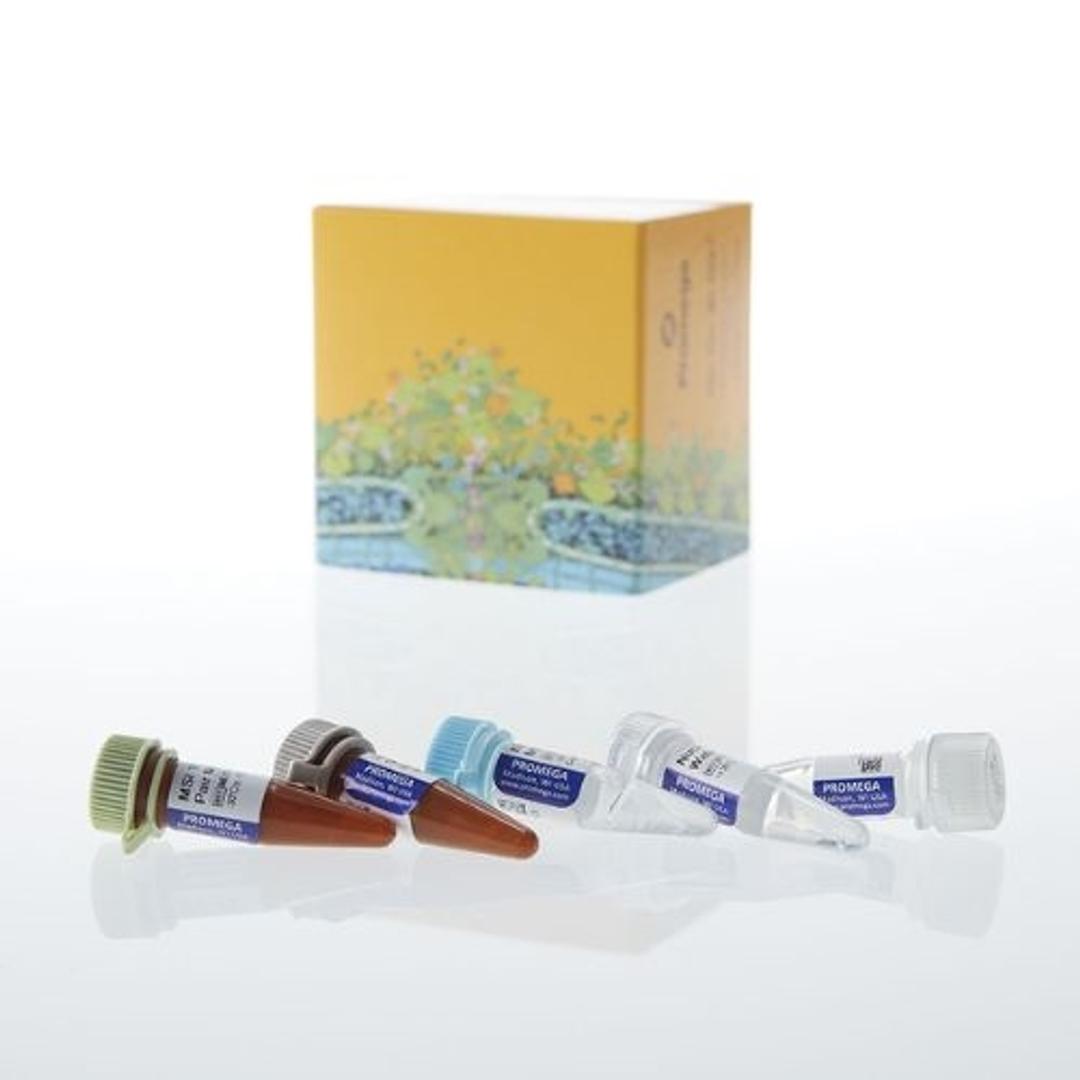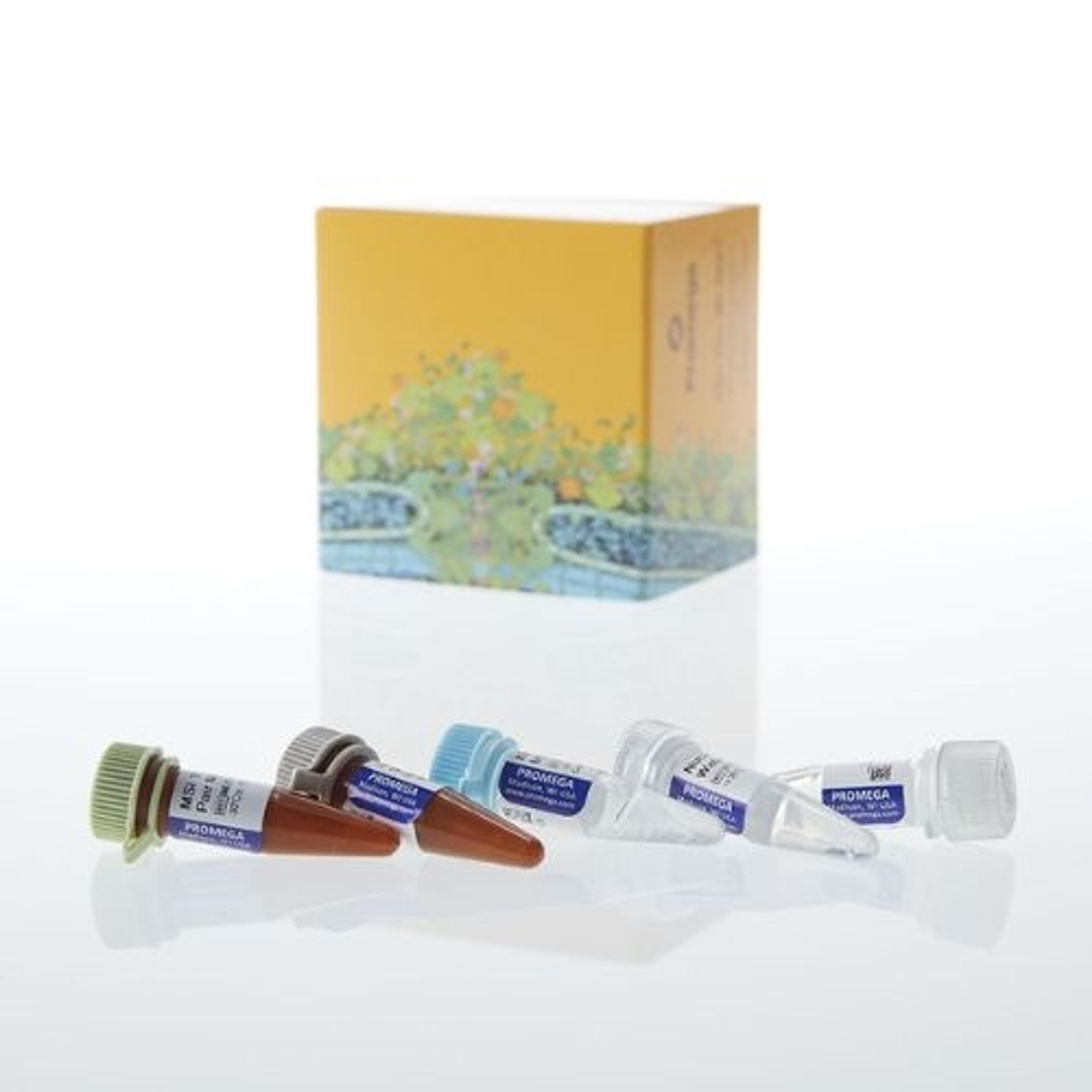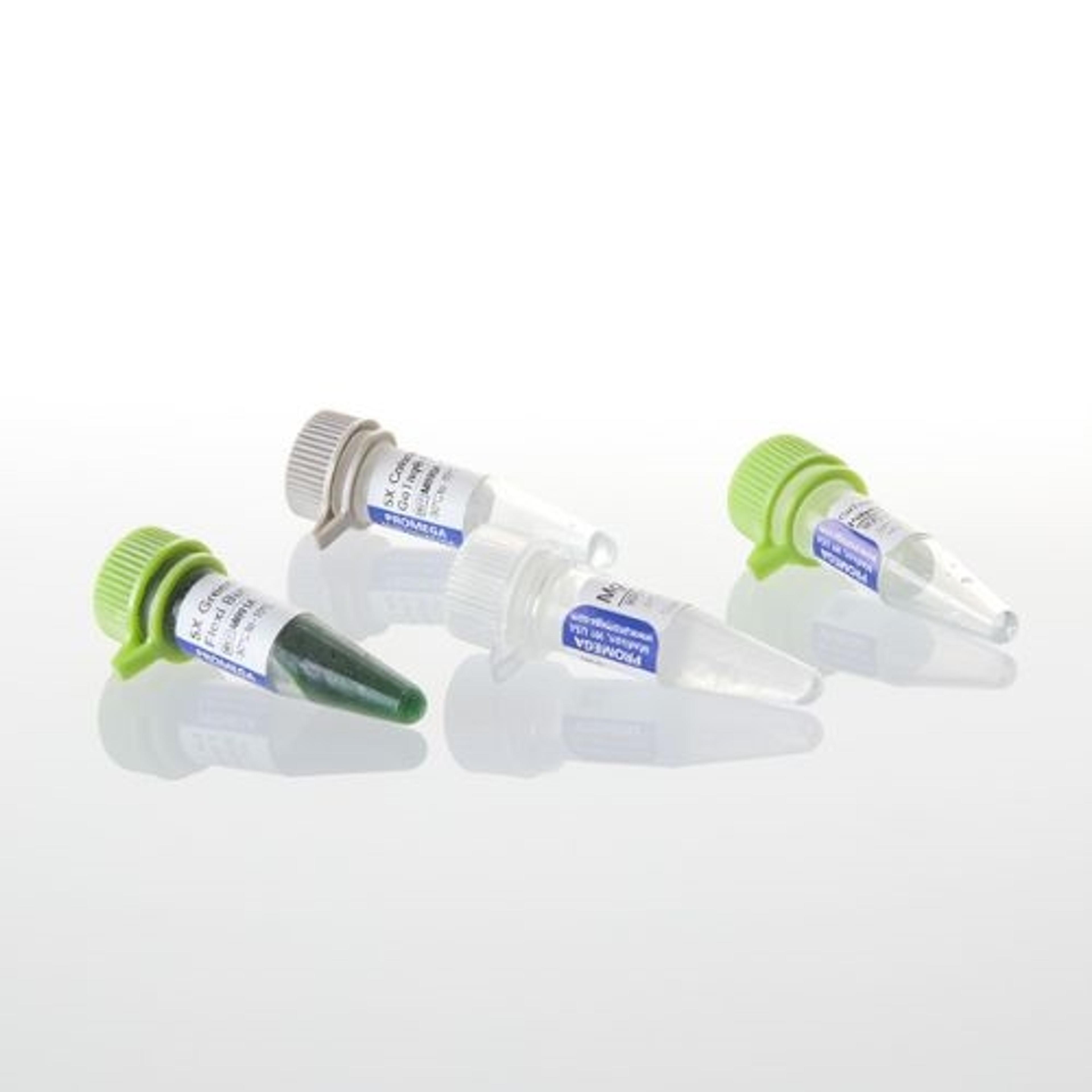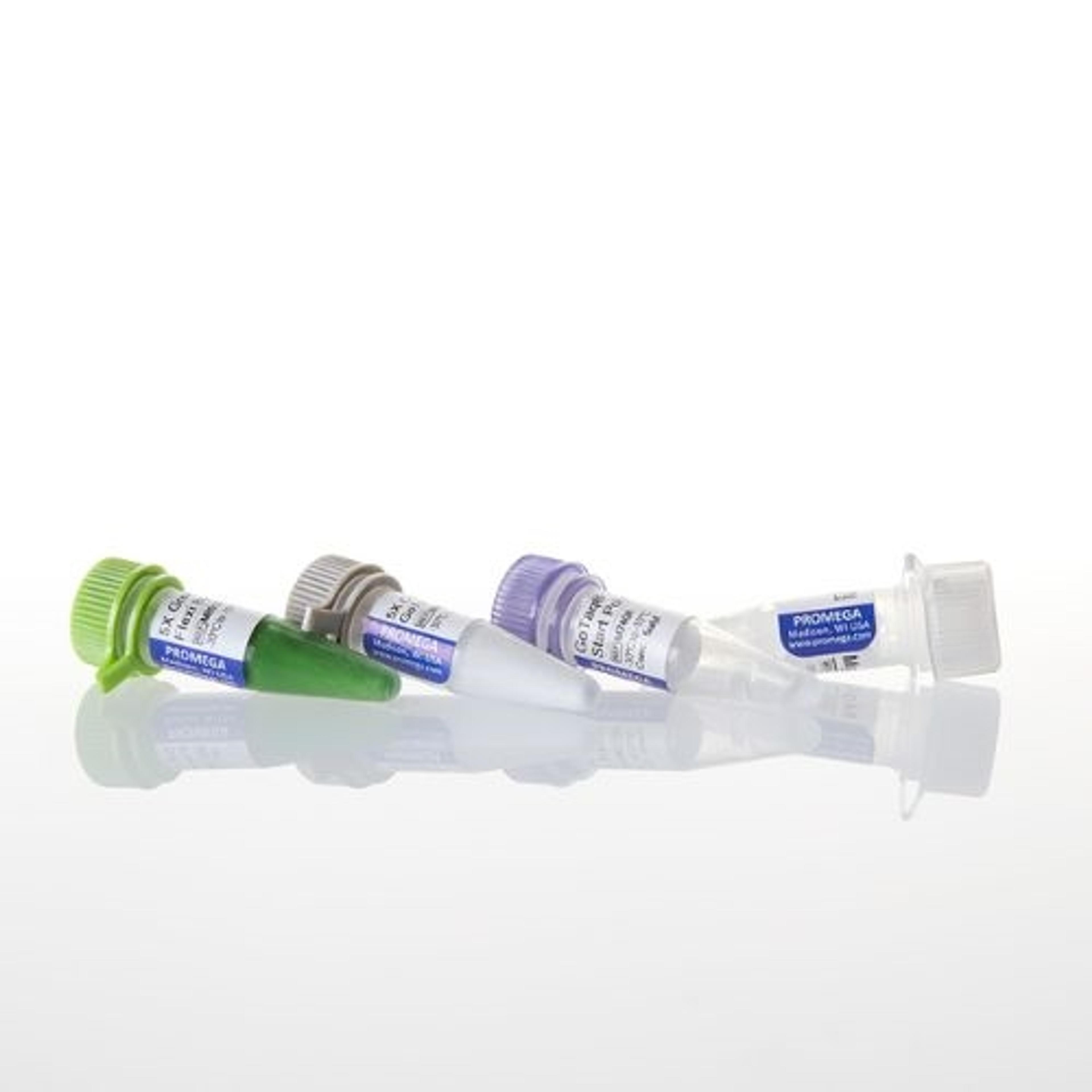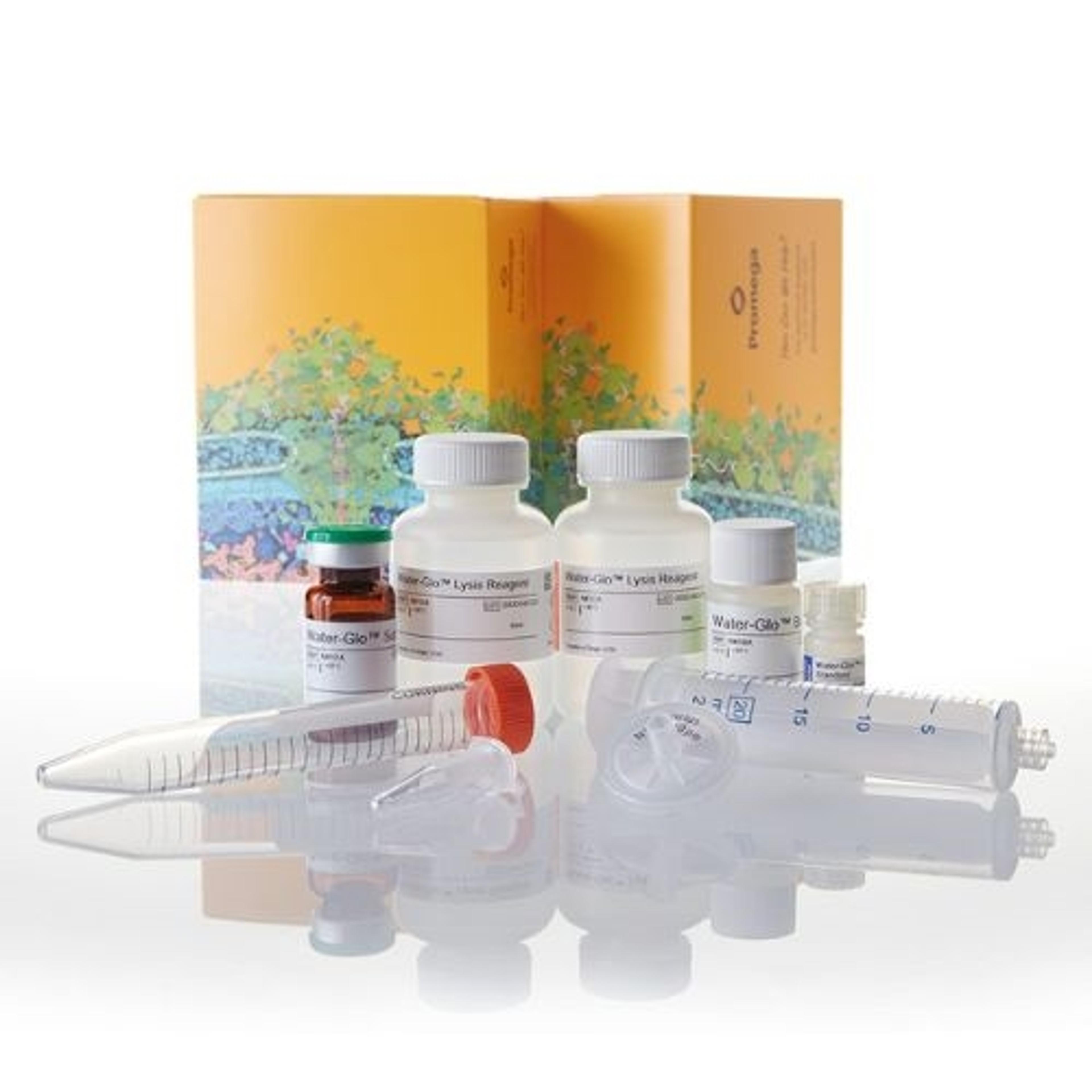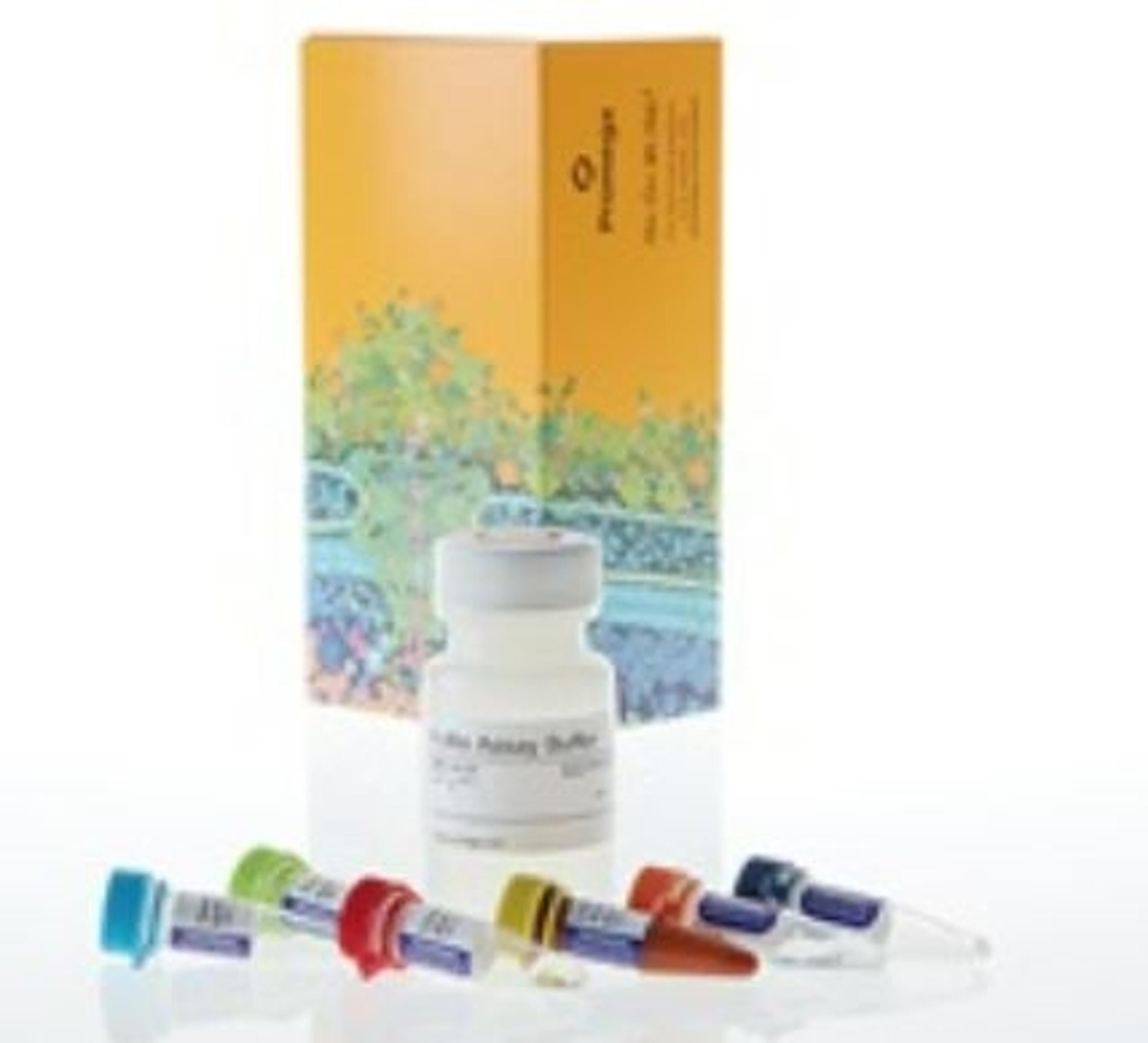Microsatellite Instability Analysis (MSI)
Characterize MSI Status of Your Research Samples
Amazing quality.
Microsattelite instability analysis
Great quality, consistent results and great Service.
Review Date: 21 May 2021 | Promega Corp.
Great service.
Analyze mismatch repair
Great value for the money. Great results. Great turn around time after ordering.
Review Date: 25 Oct 2019 | Promega Corp.
Great throughput of MSI test for CDx diagnosis.
Detect MSI-High for administration of Keytruda
We used Bethesda panel for a test of MSI of the diagnosis of Lynch's syndrome before, but it requires many steps (5 tubes for 1 sample). But we are able to test MSI with 1 tube by Promega's product .
Review Date: 5 Jul 2018 | Promega Corp.
Focus Your Research on DNA Mismatch Repair Dysfunction Using the Proven Gold Standard Method
The MSI Analysis System, Version 1.2, is a fluorescent multiplex PCR-based method for detecting microsatellite instability (MSI). MSI is a form of genomic instability caused by the insertion or deletion of repeating bases called microsatellites during DNA replication and the failure of the mismatch repair system (MMR) to correct these errors
Characterizing MSI Status
MSI analysis typically involves comparing allelic profiles of microsatellite markers generated by amplification from matching pairs of test samples. The presence of alleles in the abnormal sample that are not found in the corresponding normal sample are indicative of MSI. The Promega MSI Analysis System includes seven multiplexed markers for analysis of the MSI-high (MSI-H) phenotype; five nearly monomorphic mononucleotide repeat markers (BAT-25, BAT-26, MONO-27, NR-21 and NR-24) and two highly polymorphic pentanucleotide repeat markers (Penta C and Penta D) , which are a quality control for sample authentication of matched normal and tumor.

